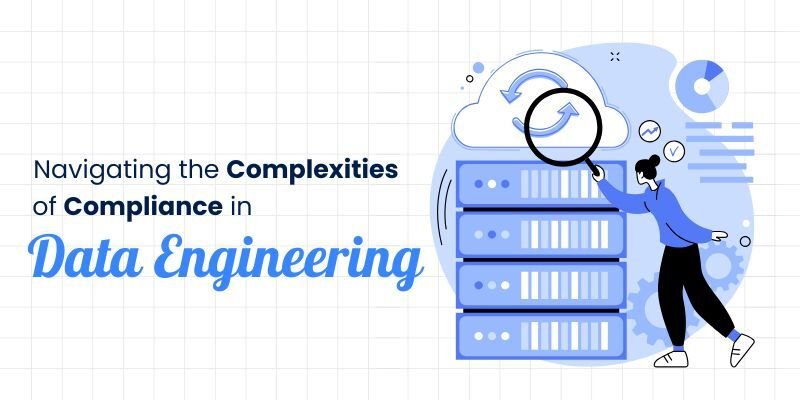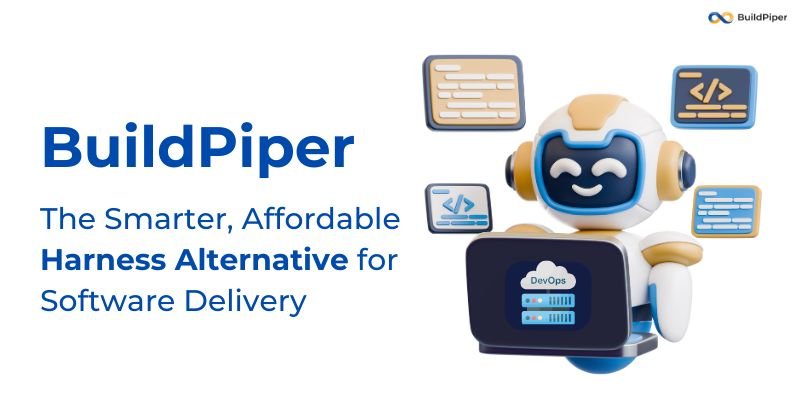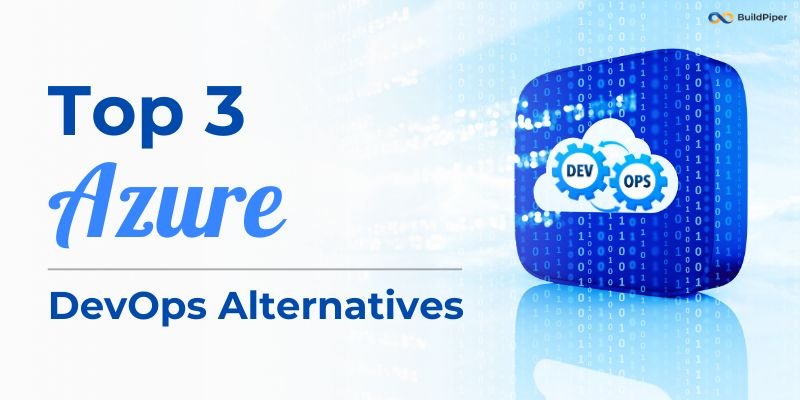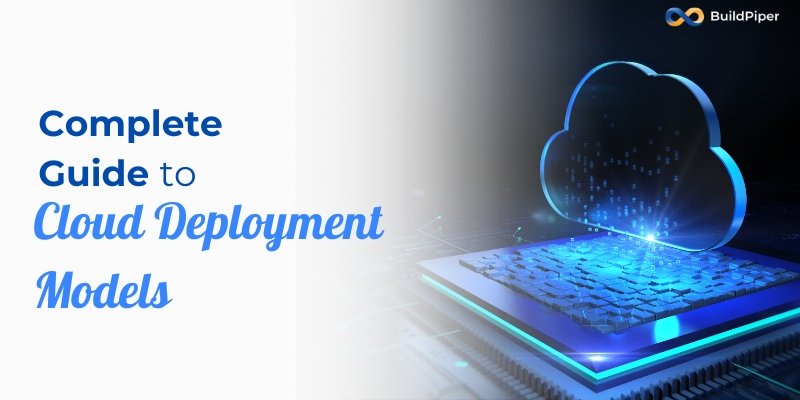In today’s data-driven world, businesses must balance innovation with adhering to regulatory frameworks. As data engineering takes center stage in processing massive volumes of information, the need for compliance readiness becomes a core concern. Data engineers face the unique challenge of designing systems that not only optimize performance but also comply with regulations like GDPR, HIPAA, and CCPA. Failure to navigate these complexities can result in substantial financial penalties and reputational damage.
This blog explores how modern data engineering practices address compliance challenges and introduces tools like BuildPiper, which streamline compliance processes while ensuring security and privacy at scale.
Understanding Compliance in Data Engineering
Imagine an online retail giant collecting and processing data from millions of users across different continents. They must adhere to local data protection laws, such as GDPR in the EU and CCPA in California. But data isn’t just collected and stored—it flows through pipelines, undergoing transformations, analysis, and integration into different systems. If even one step in this pipeline is not compliant, the entire system is at risk.
This is where compliance readiness becomes vital. For data engineers, it means building systems that maintain data integrity, secure sensitive information, and comply with regulations at every step.
Key Challenges in Compliance for Data Engineers
Data Sovereignty and Localization
Different regions have different regulations governing data storage and processing locations. For instance, GDPR requires that EU citizens’ data be stored within the EU or in regions with equivalent privacy laws. Engineers must design pipelines to ensure data does not inadvertently cross borders, potentially violating regulations.
Data Anonymization and Encryption
In industries like healthcare and finance, data anonymization and encryption are non-negotiable. Data engineers must ensure that PII is masked or encrypted, protecting it from breaches.
Automating Retention Policies
Regulations such as GDPR and CCPA require companies to store data for a limited time and delete it upon user request. Automating data retention and deletion is essential in maintaining compliance.
Ensuring Auditability
Auditing is central to proving compliance. Data engineers must implement systems that log every data transaction and change to provide a full audit trail.
Tools and Technologies to Streamline Compliance
As compliance requirements become more stringent, several tools and platforms have emerged to help data engineers simplify these processes.
BuildPiper- Enhancing Compliance Readiness
BuildPiper is an end-to-end microservices management platform that simplifies the journey toward compliance readiness. For data engineers, BuildPiper offers features that make managing compliance at every stage of the pipeline easier. It ensures:
- Security: All data transfers and storage processes adhere to regulatory requirements.
- Automated Auditing: BuildPiper automatically tracks data movements, creating a reliable audit trail for compliance reviews.
- Data Masking: BuildPiper’s data masking features ensure that sensitive information is anonymized, protecting it from unauthorized access.
For example, a healthcare company using BuildPiper can set up automated systems to anonymize patient data while ensuring audit logs are generated, making it easier to comply with HIPAA requirements.
Apache Ranger and AWS CloudTrail
Apache Ranger provides fine-grained access control for big data environments, allowing engineers to manage who can access sensitive information. Meanwhile, AWS CloudTrail logs and monitors all API calls across AWS services, providing a comprehensive audit trail that’s crucial for compliance.
Data Encryption Tools
Encryption ensures data remains protected in transit and at rest. Tools like HashiCorp Vault help manage encryption keys and secrets, while OpenSSL ensures that data flowing through pipelines is encrypted, safeguarding it from breaches
Best Practices for Compliance Readiness in Data Engineering
Successfully navigating the complexities of compliance requires a strategic approach across the entire data pipeline. Below are some best practices for data engineers.
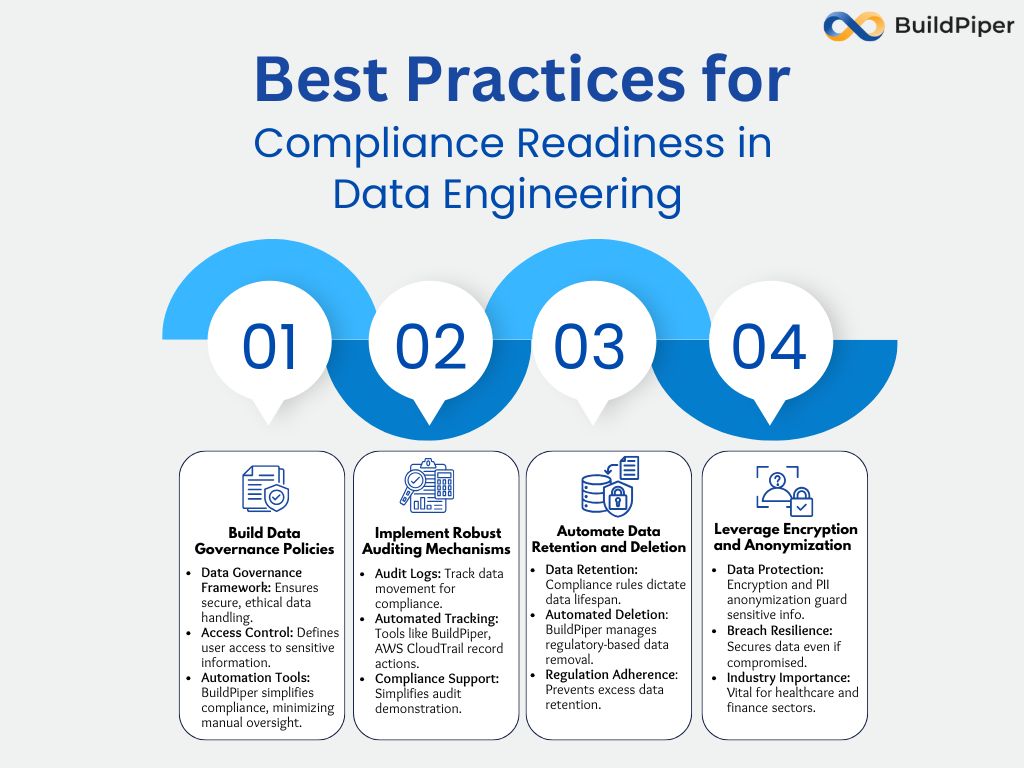
- Build Data Governance Policies
Data governance provides the framework for handling data securely and ethically. By clearly defining who can access sensitive information and under what conditions, engineers can ensure compliance. Tools like BuildPiper automate many of these governance policies, reducing manual oversight. - Implement Robust Auditing Mechanisms
Audit logs provide visibility into data movement, ensuring compliance with regulations. Automated tools like BuildPiper and AWS CloudTrail help track every action taken on data, making it easier to demonstrate compliance during audits. - Automate Data Retention and Deletion
Compliance regulations often mandate how long data can be retained. Tools like BuildPiper allow engineers to automate data deletion processes based on regulatory guidelines, ensuring no data is kept beyond its allowed lifespan. - Leverage Encryption and Anonymization
Encrypting data and anonymizing PII ensures that even if a breach occurs, sensitive information remains protected. This is especially crucial in industries like healthcare and finance.
Real-World Scenario: Managing GDPR Compliance
Consider a large e-commerce company processing customer data from across Europe. Under GDPR, they must secure explicit consent from users, anonymize sensitive information, and ensure that data is stored within the EU. Using BuildPiper, the company can automate consent tracking, anonymize data during processing, and restrict data storage to specific geographical locations. This helps them maintain GDPR compliance while optimizing their data operations.
🚀 Webinar: Maximize ROI with DevSecOps
Uncover strategies to accelerate releases, enhance security, and reduce costs with an internal DevSecOps platform.
Master CI/CD, automation, and ROI measurement in this value-packed session tailored for tech leaders and DevOps pros!
⌛Date & Time: November 7th, 2024
ET: 11:00 AM – 01:00 PM
IST: 8:30 PM – 10:30 PM
Conclusion
The role of data engineering in ensuring compliance cannot be overstated. From managing data sovereignty to automating retention policies, data engineers must address complex challenges to keep their systems compliant. Tools like BuildPiper offer a streamlined approach to managing compliance, integrating security, auditing, and data masking capabilities within data pipelines.
As regulatory frameworks evolve and data privacy becomes a growing concern, compliance readiness will remain at the forefront of data engineering. By employing best practices and leveraging cutting-edge tools, organizations can not only avoid legal pitfalls but also build trust with their customers.
In conclusion, navigating compliance in data engineering requires a combination of strategic planning and the right technology. With tools like BuildPiper ensuring automation and security, data engineers can stay ahead of the complexities and ensure their systems are both compliant and efficient.
You might also like:
The DevOps and Security Tug-of-War: Finding Common Ground
Dealing with Vendor Lock-In: Strategies for Multi-Cloud Adoption
Mitigating Downtime: Strategies for Building Resilient Microservices
The Evolution of CI/CD Pipelines in Kubernetes-Native Environments
Ready to transform your business infrastructure and enhance your user experience? Talk to Us!

